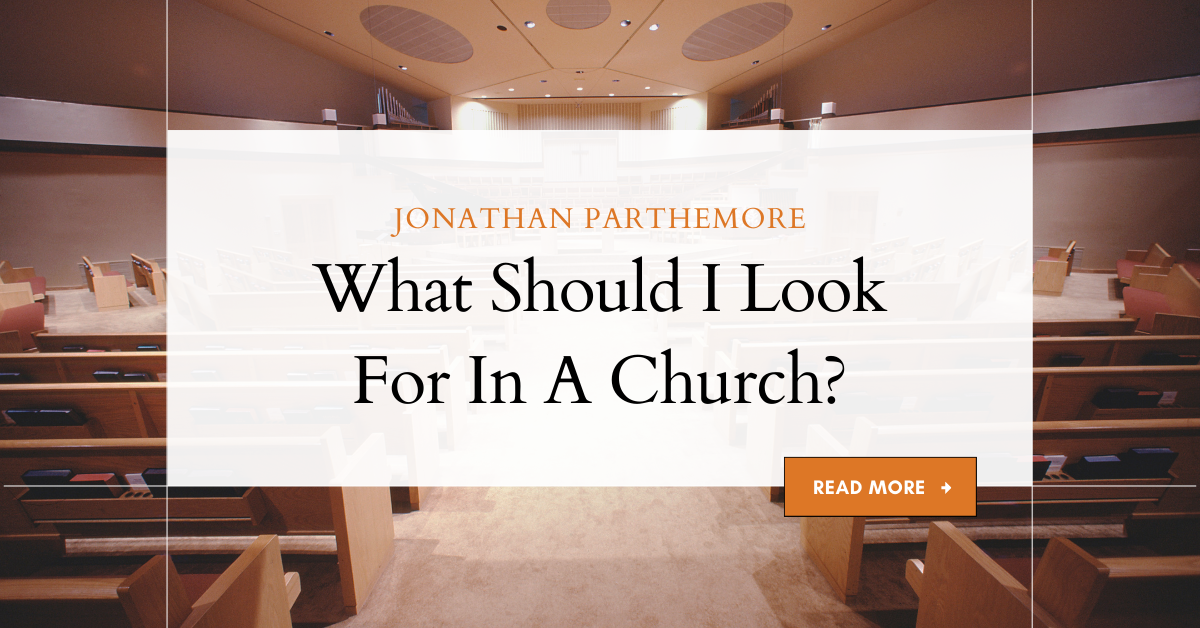For my entire Christian life, I’ve only ever attended one church. It’s a wonderful place, but it’s about 35 miles away from where I live. With winter on the way, I know that commute is going to get much harder, and this has pushed me to consider finding a church closer to home.
So, this got me thinking about what’s truly important when you’re looking for a new church. It’s not just about finding a place to go on Sunday; it’s about finding a spiritual home where you can grow and find community.
The Bible tells us in 1 John 1:7, “But if we walk in the light, as He is in the light, we have fellowship with one another, and the blood of Jesus Christ, His Son, cleanses us from all sin.” That word, “fellowship,” is key. Church is a place for believers to come together, support each other, and walk in the light.
As I’ve been visiting new churches, I’ve put together a list of questions that I believe are essential to ask, either of the pastor or of yourself as you sit through a service.
1. What is required for salvation?
This is the most important question of all. The answer should always be simple and clear. John 3:16 says, “For God so loved the world that he gave his one and only Son, that whoever believes in him shall not perish but have eternal life.” The only requirement for salvation is to believe in Christ. A healthy church will not add any extra rules or requirements to that.
2. Do they belive in the Trinity?
While the word “Trinity” isn’t explicitly in the Bible, the concept of God as Father, Son, and Holy Spirit is woven throughout Scripture. Jesus often refers to Himself as God, and it was this claim that led to His persecution. A sound church should believe in the Holy Trinity.
3. How is the church involved in the community?
1 Peter 4:8-11 tells us to use our gifts to serve one another. A healthy church doesn’t just look inward; it looks outward to serve its community. Look for a church that is actively engaged in ministering to its neighbors.
4. Is communion practiced?
Communion is a vital practice for believers. In 1 Corinthians 11:23-26, Paul writes about the Last Supper, reminding us that communion is something we should continue to do in remembrance of Jesus. A church that faithfully observes communion is a good sign.

5. What is required for tithing?
Many churches and Christians believe in a mandatory 10% tithe. And while giving 10% might be a good place to start, 2 Corinthians 9:7 tells us something different: “Each of you should give what you have decided in your heart to give, not reluctantly or under compulsion, for God loves a cheerful giver.” The focus should be on giving from the heart, not on a mandatory percentage.
6. What are the needs of the church?
As believers, we all have different gifts. The church should have a place for you to use your gifts to serve others, as mentioned in 1 Peter 4. This also allows you to work alongside people with different strengths, which helps the body of Christ function as a whole.
7. How do they handle the confession of sin?
James 5:16 says we should confess our sins to one another. The way a church or a pastor handles this can determine whether you feel safe and comfortable enough to do so. It’s important to find a place where there’s grace, not judgment.
8. What are the requirements to attend or to lead?
Jesus said in Mark 2:17, “It is not the healthy who need a doctor, but the sick. I have not come to call the righteous, but sinners.” There should be no requirements to attend church, because we are all sinners in need of a Savior. However, a leader in the church should meet the qualifications laid out in 1 Timothy 3:1-13.
9. Are there people your age and elders in the church?
Fellowship with people your age is great. You can go through similar life experiences together. But having elders is even more important. They have gone through what you are going through, and they can offer invaluable wisdom and guidance.

10. Do they accept your Bible translation?
Some Christians believe certain translations are the only valid ones. But this is simply not true. Understand that there are translations that oversimplify and take away from the true meaning of the Word. It’s important to find a church that values the original text and can explain its stance on various translations.
This is not an all-inclusive list, but it’s a great starting point for core questions to ask yourself as you look for a new church. You may also have personal preferences that you want to consider. My situation is unique to me, but yours will be unique to you. Understand your situation and your desires, and add to these questions as you go.

Leave a Reply